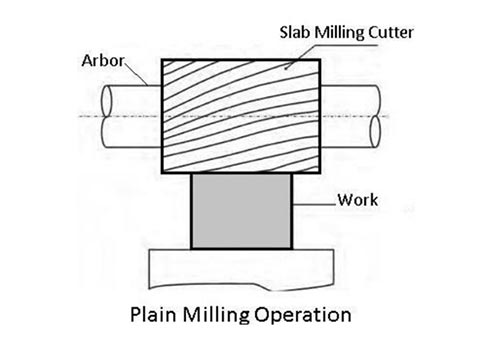Why is CNC milling so expensive?
Views: 774 Update date: Apr 15,2024
CNC milling can be expensive due to several factors:
High Initial Investment: CNC milling machines are complex pieces of equipment that require a significant initial investment. These machines need to be precise and durable, which increases their cost.
Maintenance Costs: CNC machines require regular maintenance to ensure accuracy and efficiency. This includes regular inspections, tooling replacements, and software updates, all of which add to the overall cost.
Programming and Setup: CNC milling requires precise programming and setup, which can be time-consuming and labor-intensive. This setup time adds to the overall cost of the machining process.
Precision and Quality Control: CNC milling often requires tight tolerances and high-quality finishes, which may necessitate additional quality control measures and inspection processes, increasing costs.
Customization and Complexity: Projects that require complex designs or customization typically incur higher costs due to the increased programming and setup time required to produce the desired outcome.
All of these factors contribute to the overall expense of CNC milling, making it a costly but often necessary investment for industries requiring precision machining.
Prev: How to make CNC parts cheaper?
Next: Which manufacturing type is used where product volume is very low?
High Initial Investment: CNC milling machines are complex pieces of equipment that require a significant initial investment. These machines need to be precise and durable, which increases their cost.
Maintenance Costs: CNC machines require regular maintenance to ensure accuracy and efficiency. This includes regular inspections, tooling replacements, and software updates, all of which add to the overall cost.
Skilled Labor: Operating a CNC milling machine requires specialized skills and training. As such, companies need to pay skilled operators higher wages, contributing to the overall expense.

Programming and Setup: CNC milling requires precise programming and setup, which can be time-consuming and labor-intensive. This setup time adds to the overall cost of the machining process.
Precision and Quality Control: CNC milling often requires tight tolerances and high-quality finishes, which may necessitate additional quality control measures and inspection processes, increasing costs.
Customization and Complexity: Projects that require complex designs or customization typically incur higher costs due to the increased programming and setup time required to produce the desired outcome.
All of these factors contribute to the overall expense of CNC milling, making it a costly but often necessary investment for industries requiring precision machining.

